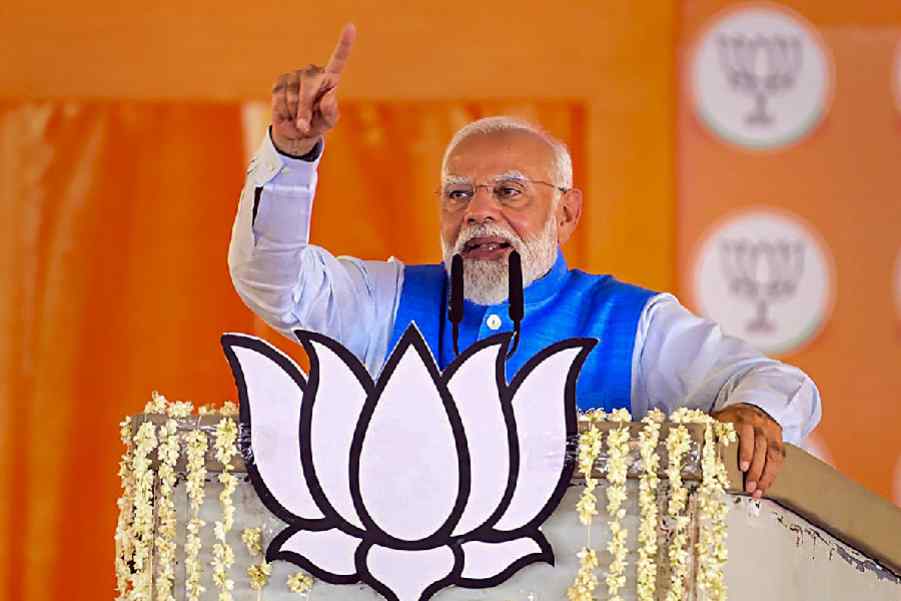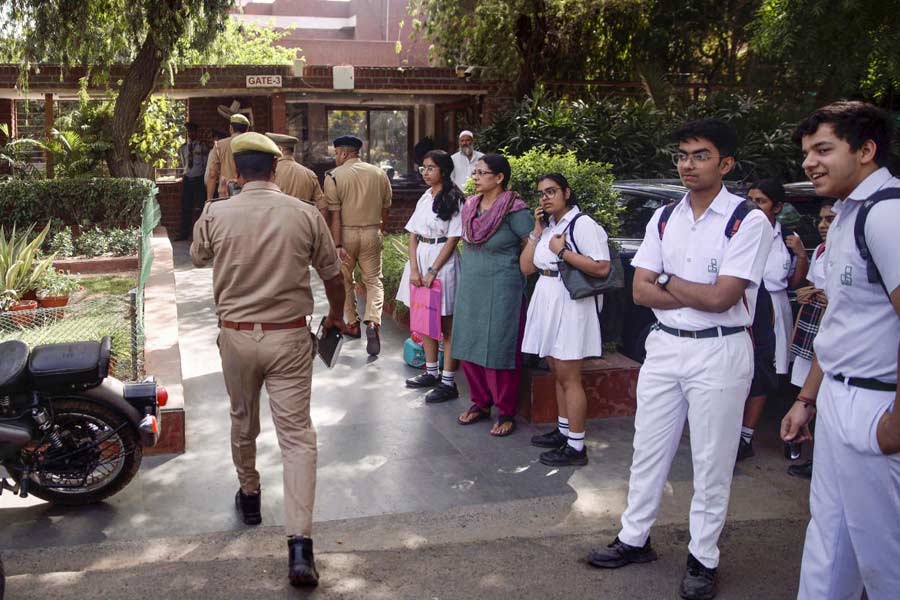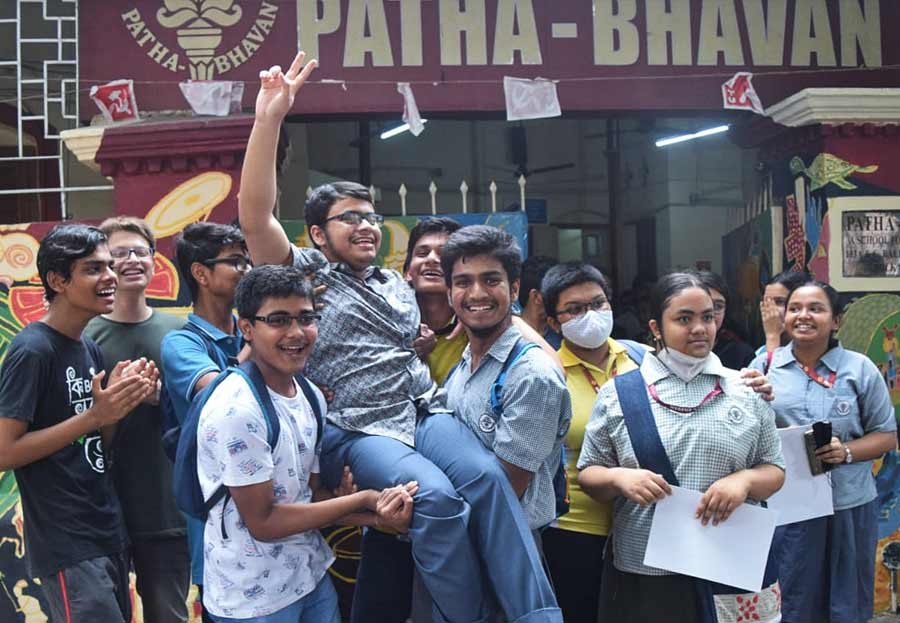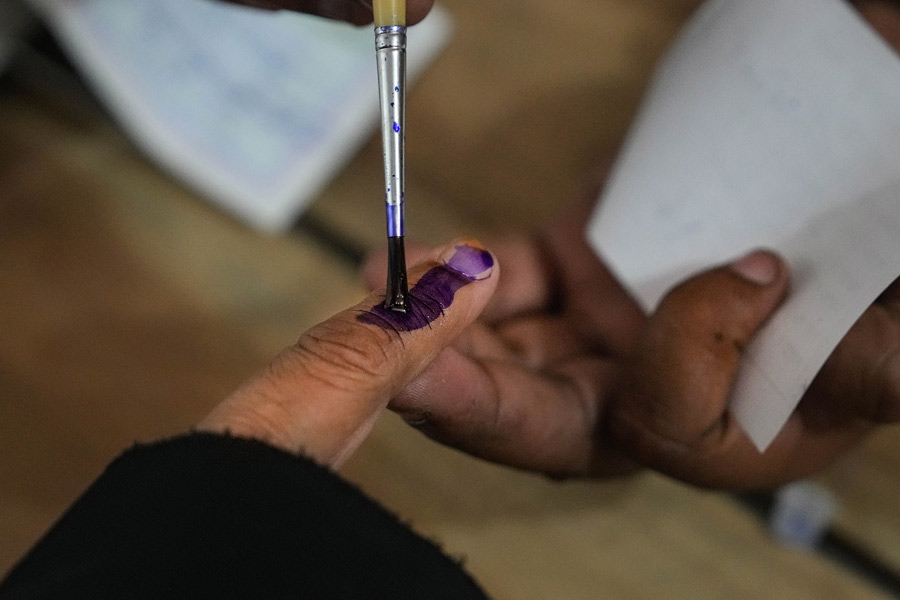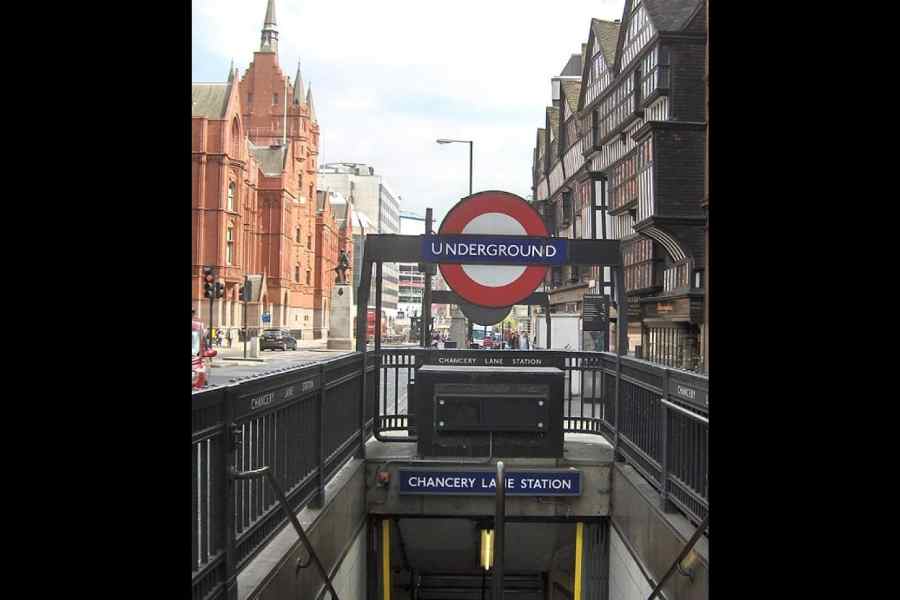Judicial review is not a concept that governments love. It is occasionally deplored as judicial overreach or eyed askance as judicial activism. Any ruling that addresses a legislative or executive decision or deed may be projected as overreach, undermining the principle of the separation of powers. But judicial overreach usually springs from personal or political bias, not on the bases of law. The lines are not vague. It needed the firmly articulated pronouncements of the senior Supreme Court judge, B.R. Gavai, on judicial review at the Harvard Kennedy School to give the provision its due place in constitutionally prescribed judicial powers. Instead of undermining the separation of powers, the power of judicial review ensures that the three pillars of the democratic edifice remain distinct, each carrying out its responsibilities in its own domain. The constitutional court has the responsibility to decide whether a law made by the legislature — its allotted task — or the policies, administrative acts or the implementation of laws and policies by the executive — its job in turn — accord with constitutional principles and the rights of the people. One example of this was the Supreme Court’s decision to strike down the electoral bond scheme as it went against the people’s right to know.
The judge’s detailed discussion placed judicial review among the some of the most important powers of the court, while defining its scope and function with memorable clarity. Its relevance in the context of the time was unmistakable: Mr Gavai was as clear and as firm in stating that the court could not sit with folded hands if the executive failed to discharge its duties. The judge mentioned that "the government and its instrumentalities" were making decisions "every now and then" that affected the rights of individuals. The suggestion that decisions should be made with constitutionality in mind, since the court might assess their validity, underlines the highest court's commitment to the constitutional vision. The court, through its interpretations, acted as a bridge between the legislature and the citizens’ needs. So the provision also reflected changing social dynamics and helped extend pertinent rights, such as the right to privacy. By unambiguously presenting judicial review as a system of checks and balances preventing the misuse of power, the speech referred to the enduring spirit and principles of the Constitution while addressing certain acute anxieties of the time.


